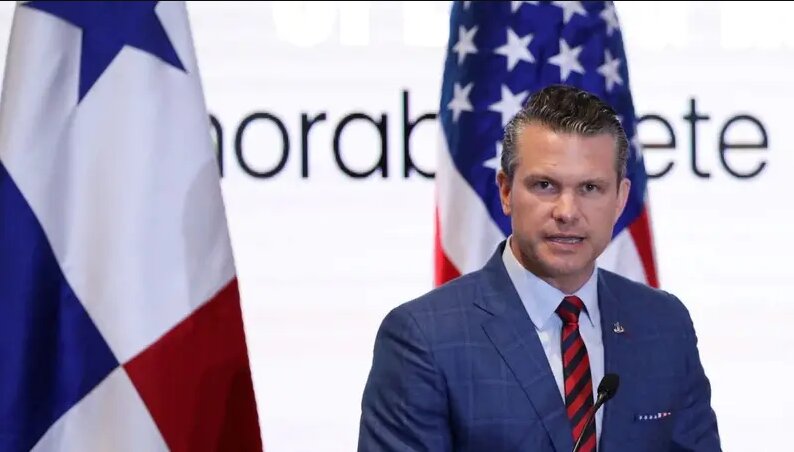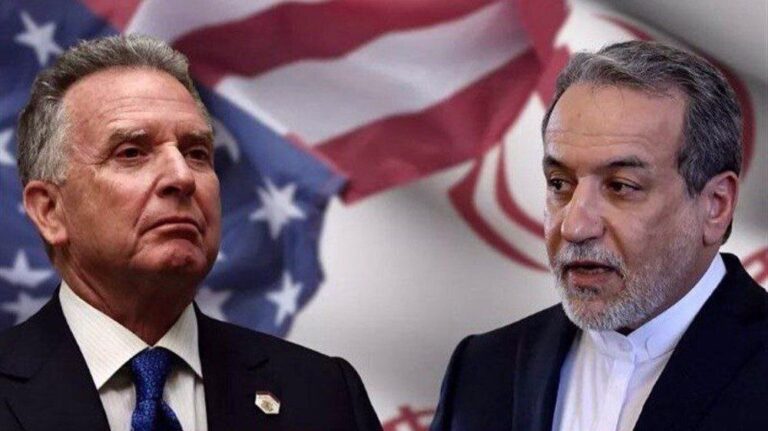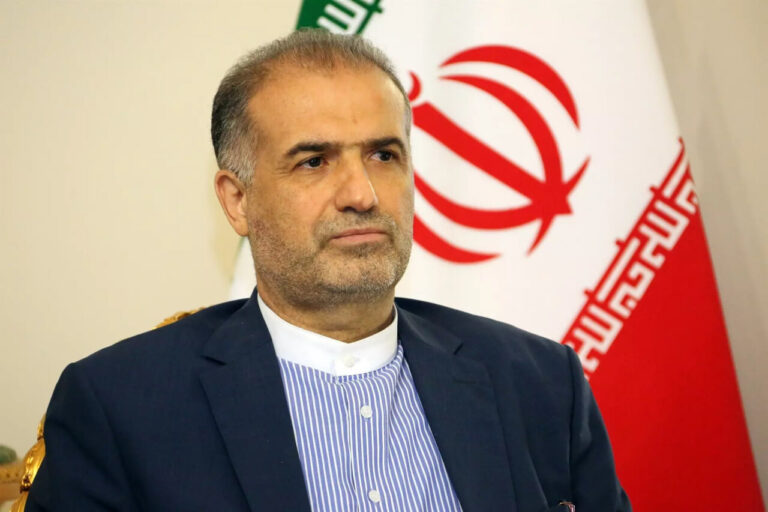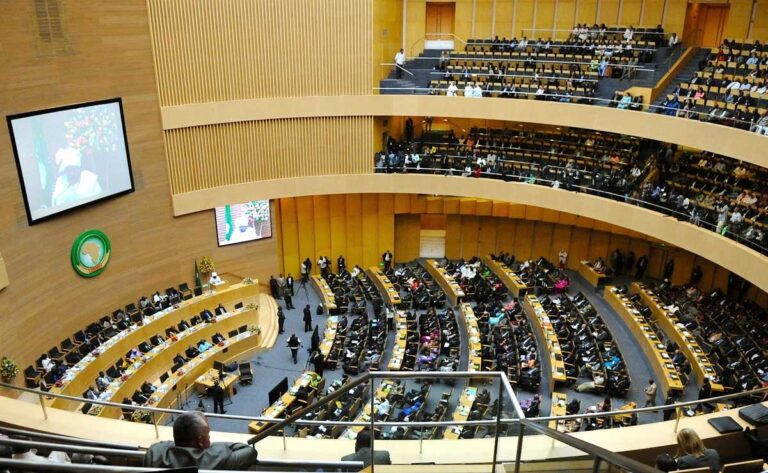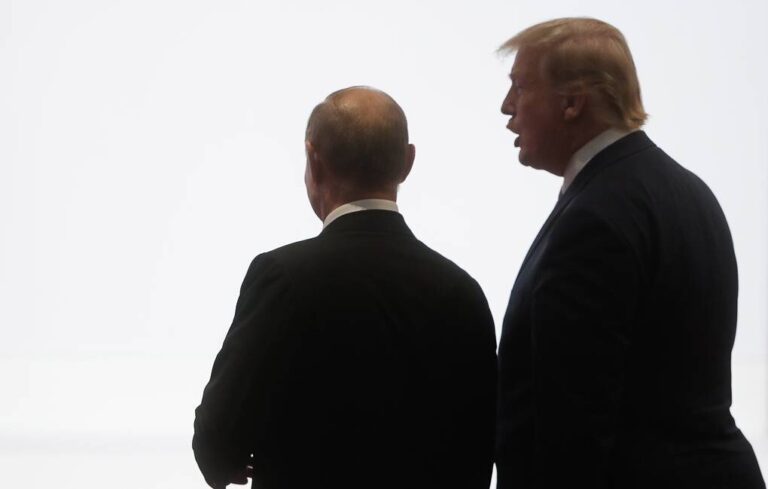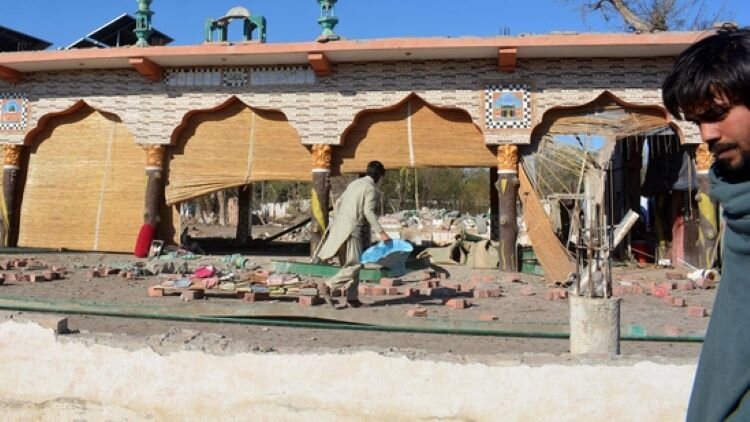Iran-US Talks: First Round Yields Productive Progress, Marks a Positive Step Forward
In a significant diplomatic development, US and Iranian diplomats began indirect talks on Saturday in Oman, aimed at addressing Western apprehensions regarding Iran’s nuclear ambitions. This meeting marks an important step in ongoing efforts to find a resolution to one of the most pressing international concerns of our time.
US Defense Secretary Pete Hegseth characterized the initial discussions in Oman as “productive” and described them as “a good step” towards finding common ground. Speaking on CBS’ “Face the Nation,” he emphasized that while President Donald Trump hopes to avoid military action, the US maintains a strong military capability if necessary. Hegseth stated, “We’ve shown a capability to go far, to go deep and to go big.”
During the discussions, President Trump reiterated that military action is “absolutely” on the table, especially in collaboration with Israel, should the negotiations falter. He expressed his resolve, saying, “If it requires military, we’re going to have military. Israel will obviously be very much involved in that, be the leader of that.” This followed a stern warning from Trump in late March, where he remarked, “if they don’t make a deal, there will be bombing.”
The dialogue between the Iranian and American delegations took place under the auspices of Oman, with the Omani foreign minister serving as a mediator. This arrangement was favored by Iran, enabling indirect communication rather than direct negotiations, which had been preferred by the Trump administration. Each delegation operated from separate rooms, conveying messages through the Omani mediator.
Iranian Foreign Minister Abbas Araghchi noted that following the lengthy discussions, there was a brief interaction with his US counterpart, headed by Witkoff. He stated, “After the end of more than 2-1/2 hours of indirect talks, the heads of the Iranian and American delegations spoke for a few minutes in the presence of the Omani foreign minister as they left the talks. It (the encounter) was based on our political etiquette.”
Araghchi reflected positively on the atmosphere of the talks, describing it as “productive, calm and positive.” This sentiment may offer hope that further discussions could lead to a breakthrough in the longstanding tensions surrounding Iran’s nuclear program.
- Indirect negotiations: The talks were mediated by Oman, with separate rooms for each delegation.
- Military options: Trump emphasized that military action remains a viable option if negotiations fail.
- Positive dialogue: Iranian officials reported a calm and constructive atmosphere during the discussions.
The backdrop of this diplomatic effort includes longstanding concerns from Western nations regarding Iran’s nuclear capabilities, which many believe could lead to the development of nuclear weapons. The US and its allies have repeatedly called for Iran to halt its nuclear enrichment activities and return to compliance with international agreements.
In recent years, the relationship between Iran and the US has been fraught with tension, particularly following the US withdrawal from the Joint Comprehensive Plan of Action (JCPOA) in 2018. This agreement had previously aimed to limit Iran’s nuclear program in exchange for sanctions relief. Since then, Iran has gradually increased its nuclear activities, prompting heightened fears of a potential military confrontation.
As these indirect talks progress, the international community watches closely, hoping for a diplomatic resolution that could ease tensions and promote stability in the region. The outcome of these discussions may have far-reaching implications not only for US-Iran relations but also for global security dynamics.
In conclusion, while the initial round of talks in Oman has been described as a constructive step forward, significant challenges remain. Both sides must navigate their respective political landscapes and address the underlying issues that have fueled decades of conflict.
As we await further developments, the focus will remain on the commitment of both parties to engage in meaningful dialogue and strive towards a peaceful resolution regarding Iran’s nuclear program.
